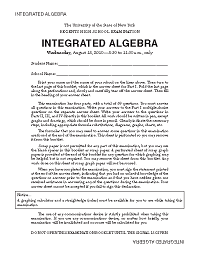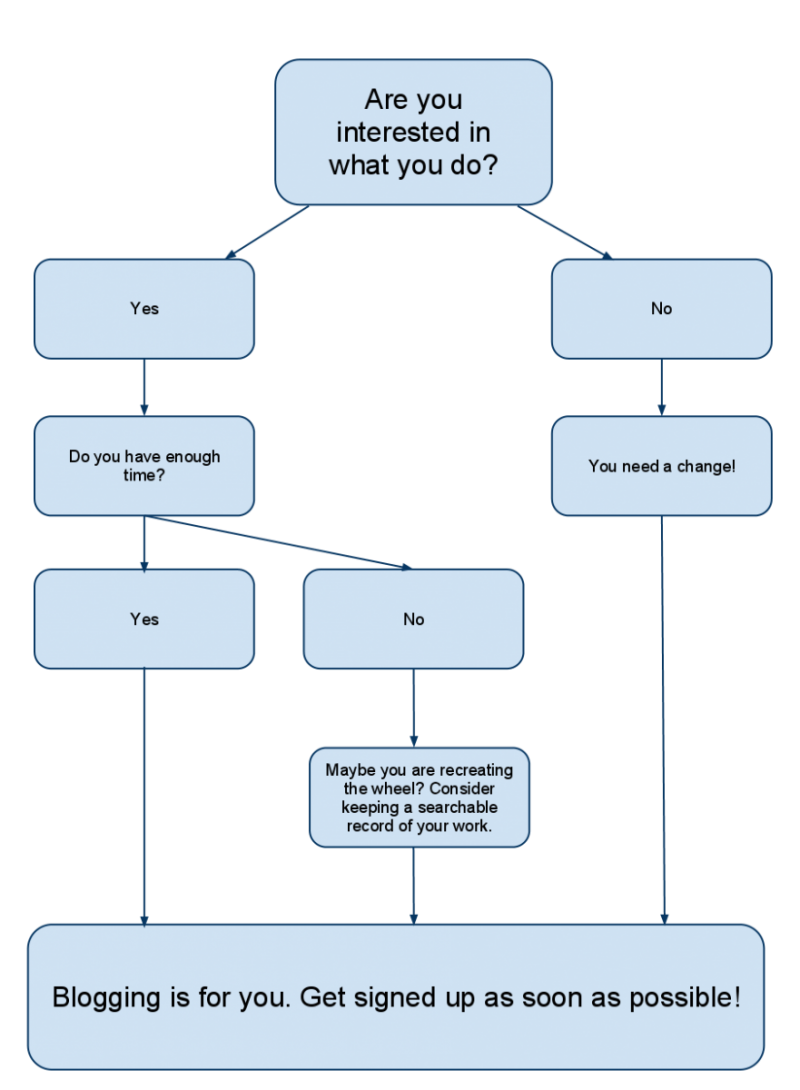@MrWejr and @GCouros have both recently posted about award ceremonies. I felt like I could contribute to the conversation, and I agree with their arguments. I just have a couple of other points to add.
George wrote a post called "Honoring All Students" in which he describes a two possible sets of students; those who receive rewards and those who do not. The students who win awards tend to focus on the awards themselves, rather than the activity they are being rewarded for. In fact, he links to research Daniel Pink has collected showing that rewards (and by extension awards) are detrimental to processes which require critical thinking. It is obvious that students who fall into the other camp will either be indifferent to the awards (or at least externally so) or feel hurt that they haven’t won an award. George also contents that having award ceremonies is for the adults, not the kids.
Chris writes
June 1, 2010 marked the end of a tradition at our school – a tradition that awarded top students not for their efforts and learning but for their grades and achievements. The staff at Kent School decided to abolish the “awards” part of the year end ceremony.
His post is inciteful and interesting, and rather than quote all of it here, I recommend reading it.
Both of these posts are mentioned in a Vancouver Sun article suggesting that award ceremonies may be losing favour in BC schools. The comments on the article are either praising the ending of the practice at Chris’ school, or lamenting the end of the practice. The argument in the comments is quite interesting, but I find the arguments against awards to be mostly inciteful and well thought out, while many of the opposing comments are one-line sentences making fun of ending awards, like Chris isn’t an intelligent person with reasons behind his actions.
Both Chris’ and George’s well written blog posts come from a student centred perspective of educational philosophy. Rather than focus on the tradition of awards or our personal feelings about being awarded (or not being awarded) they focus on the outcome for the student. They ask the question, "Are awards helpful in promoting learning?" and both find that the answer is No.
There is another argument against awards that doesn’t rely on your perspective. I think it is a much weaker argument than whether we should approach awards from the student’s point of view or not but it is worth mentioning. The argument starts with the question, "How do we choose which students are awarded?"
First, we will assume that if you are handing out awards that you aren’t giving them to every student, because otherwise they wouldn’t be an external recognition of success, they would just be something everyone gets.
So now we aren’t giving the awards to everyone, we have to choose some criterion to select which students get awards. Those criterion will always be subjectively chosen and therefore it is impossible to objectively give awards to students. Awards based on grades will have bias since each teacher will be grading differently. Awards based on the judgement of a panel of teachers have obvious bias since each teacher will be rooting for "their student" (I’ve been involved in selecting awards in teacher committees before).
Awards for students seem like such a powerful message. "We appreciate what you do." It is a good message to send, but sending it once at the end of the year in a public assembly is problematic. It says, "we will reward you for your hard work but only in this special public way." Worse, when the message of recognition becomes a reward, especially a reward given frequently, it turns into an ugly monster where children stop being interested in what they do, and become dependent on the external motivators, or even demotivated by the awards.
Schools should be places where students love learning for the sake of learning, not for external rewards.
 This is too much text. An entire page of instructions for a single exam? It is difficult to follow a couple of simple instructions, but an entire page is a bit ridiculous. If you’ve tried getting adults to follow some simple instructions in an important email you send them, then you’ll understand my point here.
This is too much text. An entire page of instructions for a single exam? It is difficult to follow a couple of simple instructions, but an entire page is a bit ridiculous. If you’ve tried getting adults to follow some simple instructions in an important email you send them, then you’ll understand my point here.